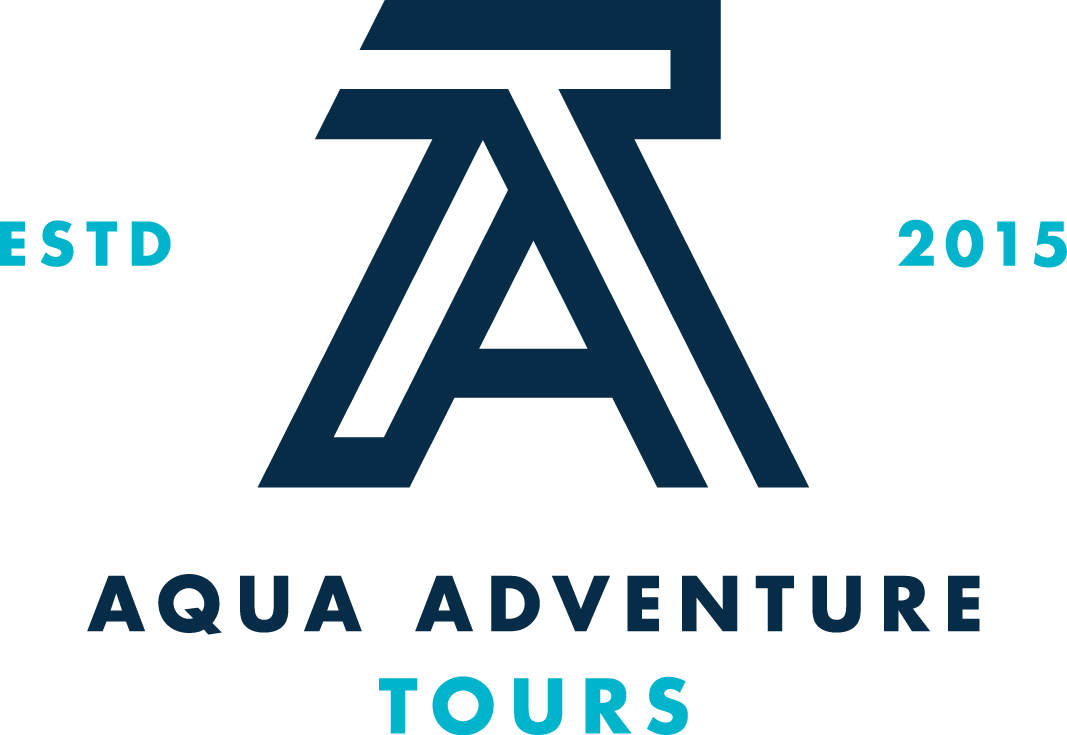How Horseshoe Crabs Are Saving Lives - March 2021
It’s hard to believe it’s almost spring! Not quite a normal winter season, but we’ll take it after this last year. It’s been really nice to see clients now rebooking their cancelled 2020 plans for later on this year. With vaccinations ramping up, I’m hopeful we’ll all start to see a more “normal” 2021 ahead.
Fast-tracking the development and rollout of covid vaccines is no doubt a huge accomplishment. We’d not be where we are without all the hard work, dedication, sacrifice and innovation that medical researchers and the medical community as a whole have put forth. When people think of covid heroes, these are often the folks that come to mind.
Yet there’s another group that’s been quietly helping in the background to bring these vaccines to market. This group might really surprise you - especially considering they’re not even human - behold the Atlantic Horseshoe Crab!
These are the prehistoric-looking crabs that regularly scare little kids on beaches. They’re commonly found along saltwater and brackish shorelines from the Gulf of Mexico up to New Jersey and beyond. And it turns out that almost every single vaccine, shot, implantable or injectable device and many medical test kits that’ve been used here in the US since the 1970s are tested with the help of horseshoe crabs. That includes several COVID vaccines.
Horseshoe crabs date back a really long time - 450 million years. Their fossils from way back then look almost the same as HCs found today on the east coast of North America. More closely related to scorpions and spiders than crabs, HCs found their little niche in nature and haven’t had to evolve very much at all since.
The horseshoe crab's secret is in their blood - specifically its ability to clot when exposed to bacteria. The horseshoe crab has a very primitive immune system. It’s good at detecting foreign substances like bacteria and toxins. But unlike humans and other animals with advanced immune systems, a horseshoe crab can’t attack these intruders. Instead the crab’s light-blue blood just clots - immediately - and instantly isolates the danger. That’s a pretty slick trick for an old-school creature!
The magic behind this trick is that HC’s blood contains a substance known as LAL. Their blood is the only known naturally-occurring source of LAL, and it’s the LAL that causes this instant clotting.
Roughly 500,000 horseshoe crabs are “milked” every year by the pharmaceutical industry for the LAL in their blood. The LAL is used to test IV drips, shots, vaccines - anything designed to go into the human body - for the presence of bacteria. If there’s even a hint of contamination, manufacturers know it - instantly - and can then fix the problem.
Horseshoe crabs being “milked” for their blood. Image courtesy of Business Insider.
The milked HC’s are released afterwards, but upwards of 50,000 - and possibly many many more - die every year from the procedure. There are artificial LAL substitutes available, but so far they remain in the trial and experimentation stage here in the US. So the harvest continues each year.
No doubt that horseshoe crabs are pretty rugged little creatures. But concerns about their annual losses are mounting. Horseshoe crabs and their eggs are a food source for many different animal species, including migrating birds, sea turtles and sharks. Their loss would be felt as a huge THUD throughout the marine food chain here in North America.
Spring is horseshoe crab breeding season here in Florida. So if you see some along the beach or on a shallow mudflat, admire them as the survivors they are and for the role they play in helping people live better lives. Especially if you or a loved one has received a covid vaccine! If you’d like to help with their conservation efforts here in Florida, just take a minute to report sightings to Florida’s FWC at myfwc.com , then click the Engaging in Conservation / Research / Saltwater tabs.



